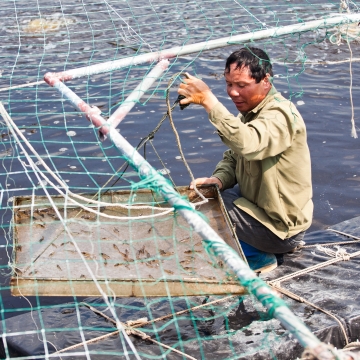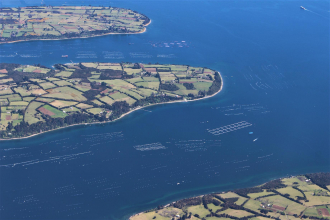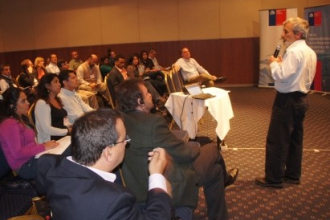In this introduction to the special issue, “Economics of Marine Resources in the Global South,” we address the current challenges for sustainable management of aquaculture and capture fisheries in developing and transitional countries. We note that the collective action problem remains a major challenge for capture fisheries in the Global South. While aquaculture has been a fast-moving food sector for half a century and provides disadvantaged people in the Global South with low-cost, high-quality protein, negative externalities remain an industry-wide challenge.




